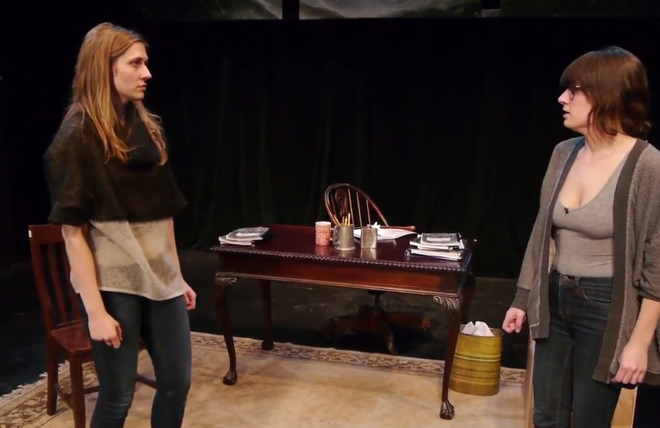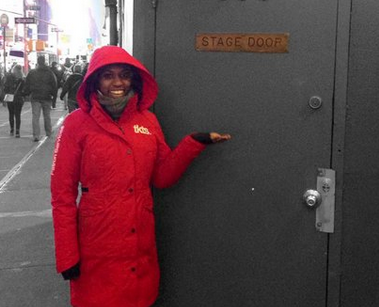Clap, clap, clap your hands
Ever been at a play you're pretty sure is supposed to be funny... but the audience just isn't laughing? And then one person lets out a titter, and another one joins in, and pretty soon the whole audience is rolling in the aisles? As any actor will tell you, audiences are influenced by each other as much as they are by the performers onstage. Any production can fall flat if faced with an unreceptive audience.
Throughout history, performers have solved this problem by seeding the crowd with claques: groups of their friends or hired professionals who attempt to impact the reaction of the rest of the audience. Claques were common in Ancient Greece and Rome, not only at the Theatre of Dionysus, but also in Roman courts of law. These ancient claques inspired 18th-century French dramatists to hire their own professional audiences to support their plays.
By the 19th century, claques were a staple of French theatre, and claque leaders were extremely influential---the claque became a clique. Individual claquers specialized in different services: there were professional laughers for comedies and weepers for tragedies. Some claquers memorized the best parts of the plays and pointed them out to their seatmates. And of course, some simply applauded wildly and called for encores as the curtain came down. While claques are mostly out of vogue these days, there are a few places where they continue to thrive. Moscow's Bolshoi Ballet employs a healthy group of claquers, and you come into contact with a modern-day version every time you binge-watch a classic sitcom: the laugh track is TV Land's very own claque.
So the next time you catch someone laughing at a play that just isn't funny, or hear an overly ecstatic chorus of "Bravo!" as the actors take their bows, remember: it could be the leading lady's mother, or it could be her claque.
--- Rachel Carpman
This video was created by TDF, F*It Club, and The PIT.

